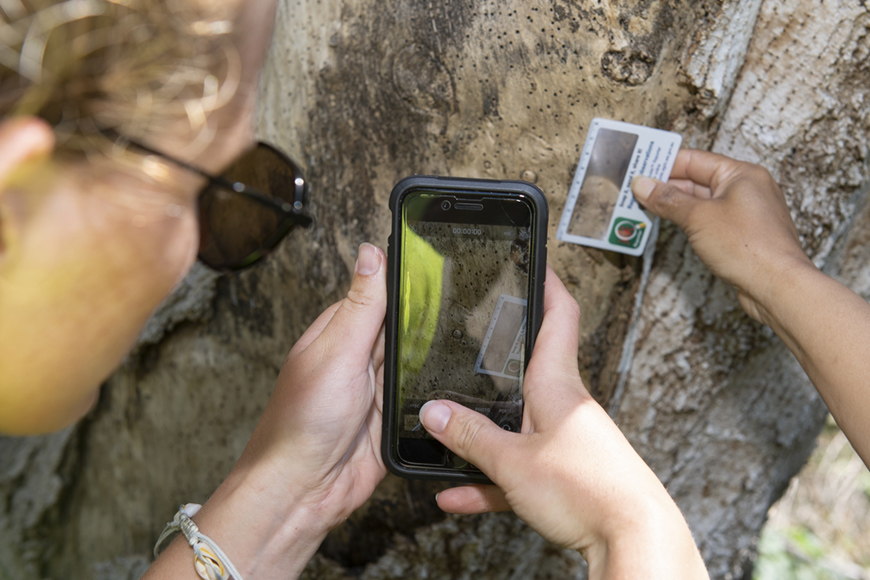Call for vigilance after local detection of Polyphagous shot-hole borer
The Department of Primary Industries and Regional Development (DPIRD) has confirmed detection of the exotic beetle, Polyphagous Shot-Hole Borer (PSHB) in the local area.
The City of South Perth is part of a quarantine area, which was expanded by DPRID in May, however the recent detection of PSHB means inspectors will be visiting properties in the South Perth and Kensington areas to help contain the spread of this foreign pest.
Local property owners are encouraged to assist DPRID teams that may need to inspect properties in the area, as early detection is key to managing infestation.
PSHB may have a significant impact on urban trees, native trees and certain industries. This pest can severely damage host trees, with some species dying within one to two years of infestation.
The quarantine area currently covers 21 local government areas, with the current Quarantine Area Notice (QAN) in place for six months until early November.
Please be aware that it is important to restrict the movement of certain materials, which can act as hosts or potentially spread the borer.
Local government areas affected by the QAN are Bayswater, Belmont, Bassendean, Cambridge, Canning, Claremont, Cockburn, Cottesloe, East Fremantle, Fremantle, Melville, Mosman Park, Nedlands, Peppermint Grove, Perth, South Perth, Stirling, Subiaco, Victoria Park and Vincent, along with three localities in the City of Swan – South Guildford, Guildford and Caversham.
Residents in Perth and the South West are asked to check their trees and shrubs for signs of beetle holes and report to DPIRD via the MyPestGuide Reporter app (Google Play Store and Apple iTunes Store), or to the Pest and Disease Information Service on +61 (0)8 9368 3080, or email padis@dpird.wa.gov.au.
For information about what to look for, quarantine requirements and how to minimise the spread, please visit agric.wa.gov.au/borer.
How residents can help
- Provide locations of host trees, particularly Acer negundo.
- Gardeners are encouraged to report suspect borer damage to the department through the Pest and Disease Information Service on 9368 3080, via the department’s MyPestGuide® Reporter app or email padis@dpird.wa.gov.au.
- Share information about the Quarantine Area and requirements with your friends and neighbours. Encourage them to report anything suspect.
- Visit agric.wa.gov.au/borer for information and links to training.

Department of Primary Industries and Regional Development
- Phone 9368 3080
- Email PSHB@dpird.wa.gov.au

